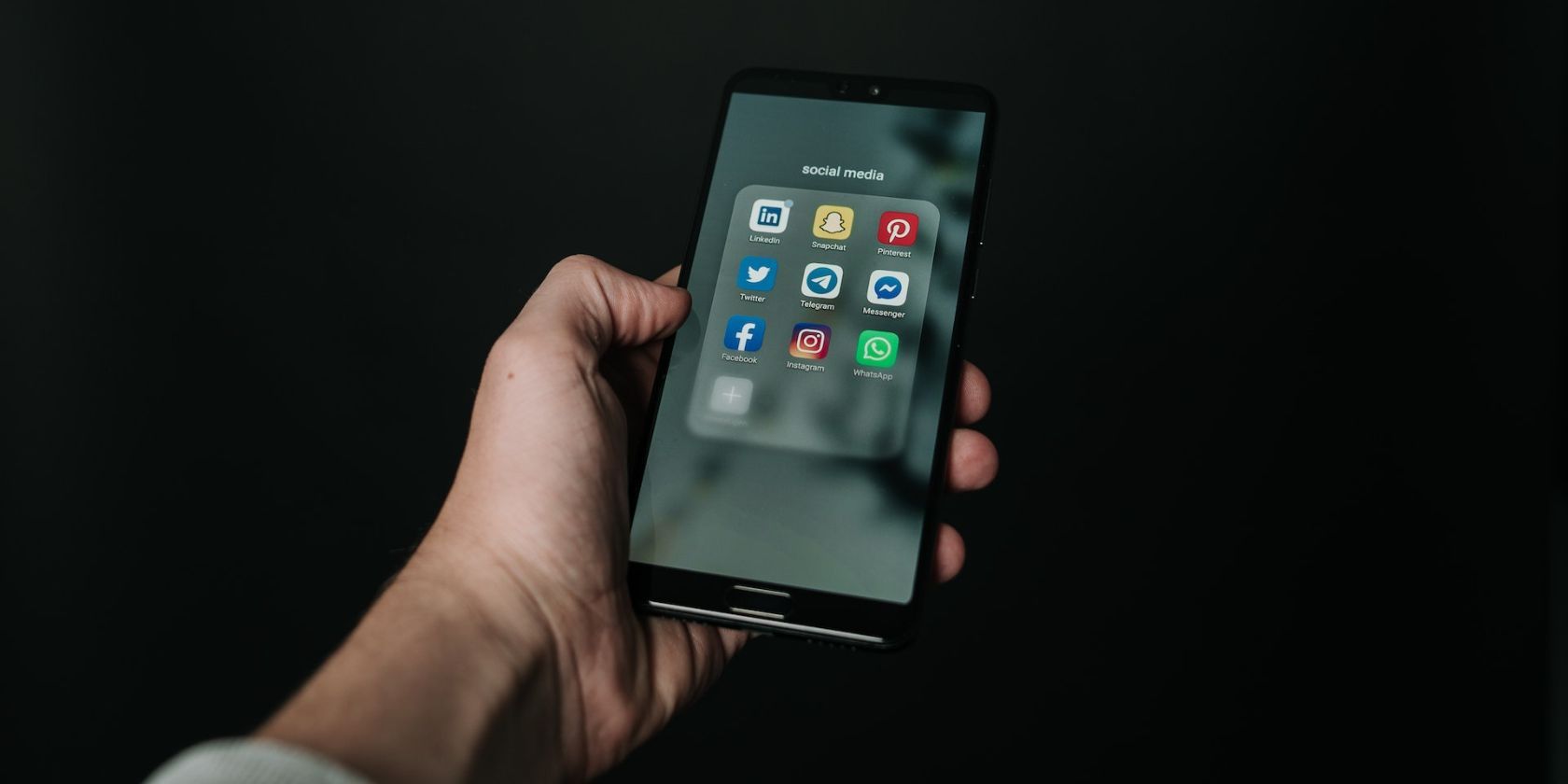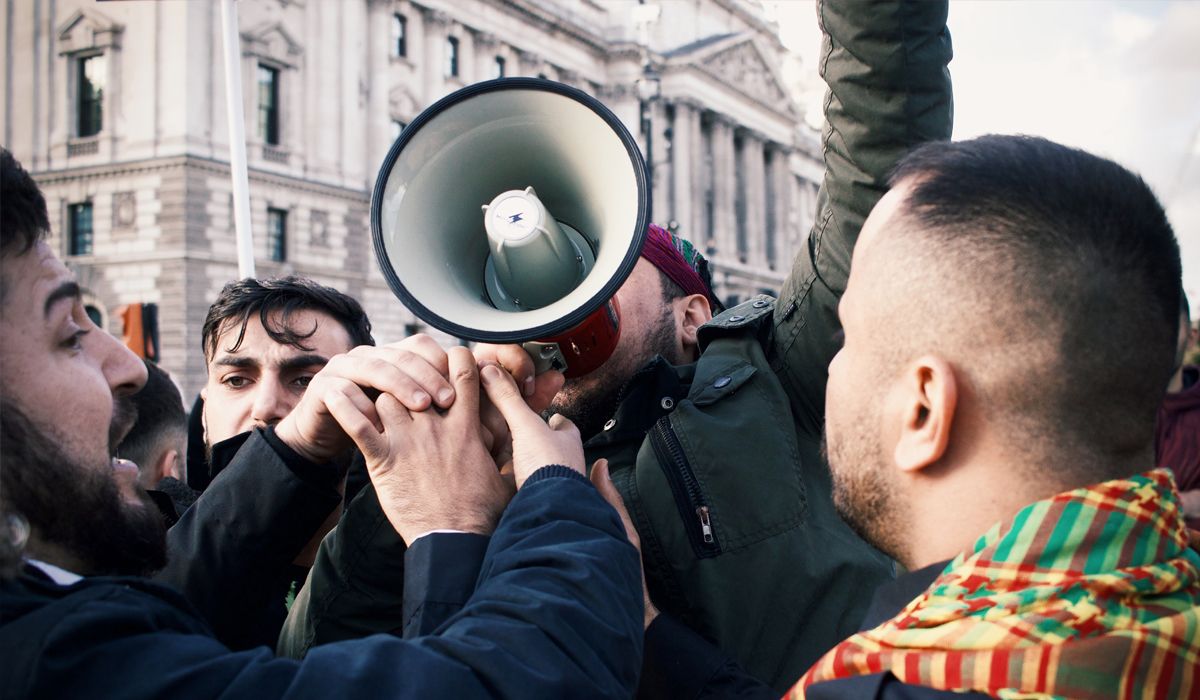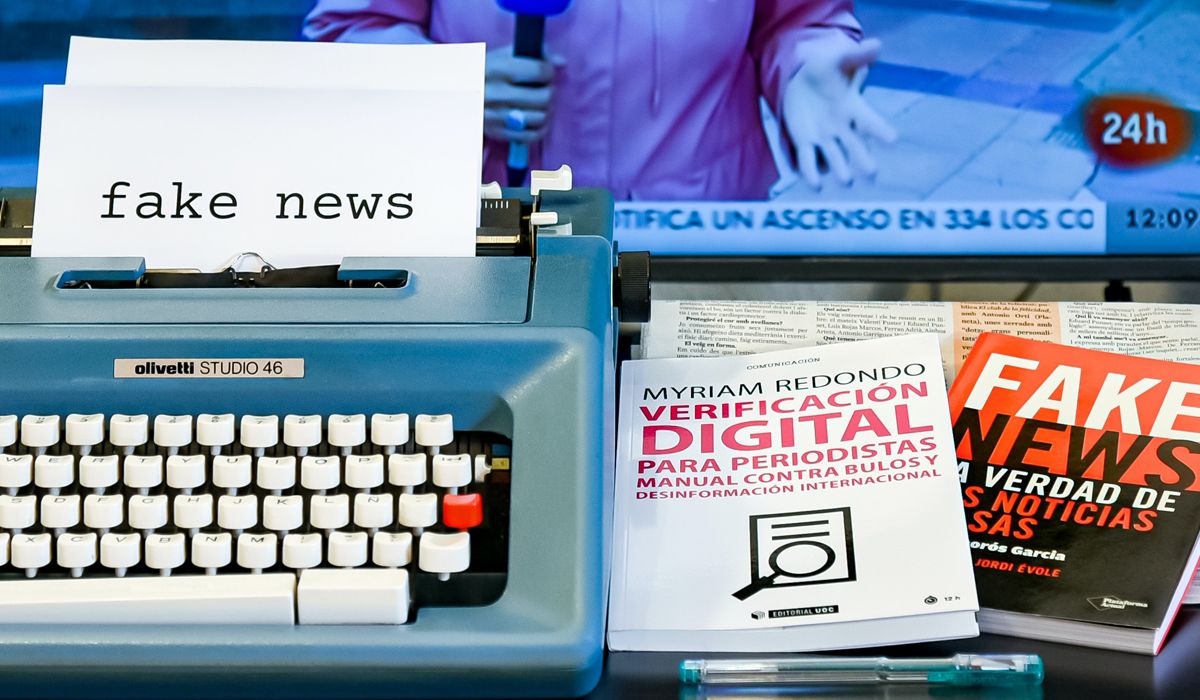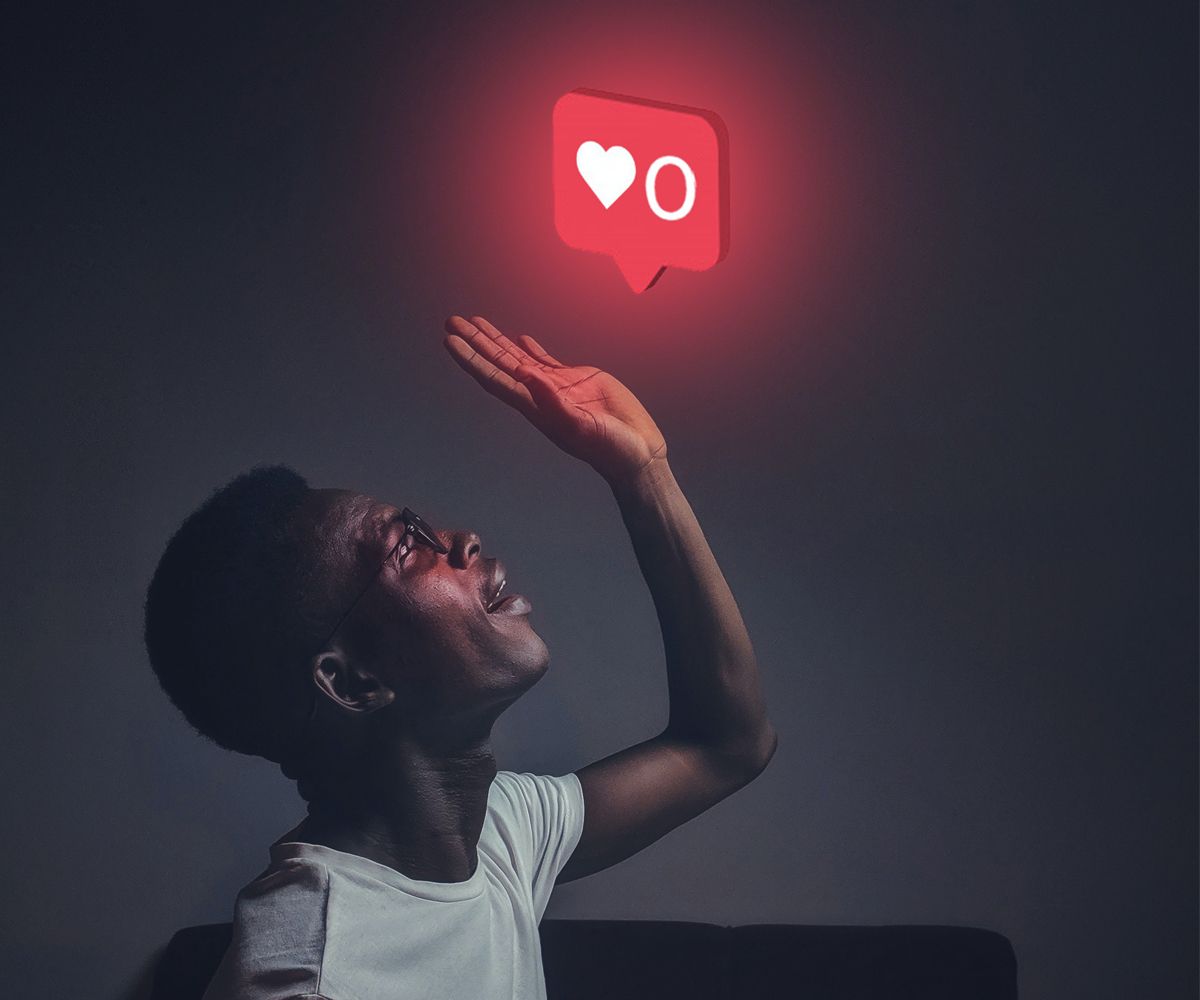Social media platforms allow us to connect with people from all over the world, share our thoughts, and discover new perspectives. While that sounds great at face value, the reality is a bit different. When you're constantly bombarded with random information in an online bubble, it's hard to differentiate fact from fiction.
It is essential to exercise some level of skepticism and critical thinking when using social media. Here are a few reasons why you shouldn't blindly trust social media.
1. It Thrives on Sensationalism
Social media platforms rely heavily on user engagement to generate revenue. So to achieve higher engagement and user retention, content that you are more likely to share and click on is prioritized. This leads to a cycle in which you are presented with increasingly polarizing views, as social media algorithms promote content that elicits strong reactions.
Sensationalized content can distort your understanding of reality as it often revolves around the extremes rather than the nuanced complexities of real life. This gets to a point where you ignore meaningful or accurate information. You're hooked on getting entertained rather than more informed.
Clickbait headlines and emotionally charged posts are often used to spread lies or get a reaction out of you. This is why you should rely on credible news sites for news instead of social media.
2. It Has Emotionally Manipulative Content
Emotionally manipulative content is heavily normalized on social media platforms. This sort of content triggers negative emotions such as fear, anger, or sadness. It's designed to get a reaction out of you every time. This is why you may feel exhausted after scrolling through sites like Twitter.
During the early stages of the pandemic, numerous false claims and conspiracy theories circulated on social media. For example, the idea that the virus was deliberately engineered or that it was a hoax designed to control people was all too common.
These types of theories preyed on people's fears and anxieties about the virus and its impact on their lives. In some cases, it even led to dangerous behaviors.
3. Social Media Can Create an Echo Chamber
Social media can create echo chambers—environments where you only encounter information that reflects your own opinion.
These echo chambers limit exposure to diverse perspectives, hindering the formation of well-rounded opinions. When you are only exposed to viewpoints that align with your own, you may not get a complete picture of a topic.
As a result of this confirmation bias, you may miss important nuances and alternative perspectives that could challenge or expand your understanding. Be sure to try out healthier ways to spend time online and build tolerance for contradicting opinions.
4. Propaganda and Misinformation Spread on Social Media
Whether social media does more harm than good is up for debate. However, the spread of misinformation and propaganda doesn't help its case. Social media allows anyone to share information regardless of their authority on the topic. This can lead to conspiracy theories, false accusations, and propaganda.
Misinformation can go viral and reach a wide audience quickly thanks to the sharing feature, which is available on all social media platforms in some form. A positive use of this feature is to raise your voice around social issues. But this paves the way for some users to spread false rumors, amplify certain viewpoints, and suppress opposing perspectives.
Social media has also been used by political actors and governments to share propaganda and manipulate elections.
5. Political Polarization and Extremism
As established earlier, we tend to connect with others who share our views, in turn forming echo chambers. These echo chambers can create political polarization and extremism by promoting an "us versus them" mentality.
This leads to a lack of exposure to diverse perspectives, resulting in a decline in civil discourse and an increase in political tribalism. As a result, political discussions often become confrontational and polarizing while fueling extremist ideologies.
This is why you'll often see left and right-wing media going at each other on social platforms. A lot of people find this discourse entertaining, but it's not productive. Social media platforms are the only ones that benefit from these arguments as it's great for website traffic.
6. It's Terrible for Your Self Image
It is no surprise that social media often presents an idealized version of reality. Most people only share their most attractive, exciting, and successful moments. As a result, you may compare yourself to these curated profiles and feel inadequate or insecure about your own life.
For instance, you might feel envious or self-conscious when you see people posting pictures of their lavish vacations or their "perfect" bodies. It can make you feel like you're not living up to social expectations. This vicious cycle of constantly seeking validation and approval from others on social media can further damage your self image.
So, it's not really a stretch to say that social media is making you sad. It can cause a fear of missing out, promote toxic comparisons, and damage your self esteem. Not the best recipe for a happy mind.
So you shouldn't trust the idealized images people share on social media. Not only can they be edited with a variety of tools, but they are also specially curated to create the best impression. This doesn't always reflect the reality of other people's lives.
Social Media Isn't Always Reliable
Social media platforms can provide entertainment and a way to pass the time, but it's important to recognize their potential problems. False information and unreliable sources indicate these platforms should not be seen as reliable.
Excessive use of social media can also negatively impact mental health, causing anxiety, depression, and low self-esteem. It's not that you should stop using social media entirely, but it is important to be mindful of the time that you spend online and the content that you're consuming.







